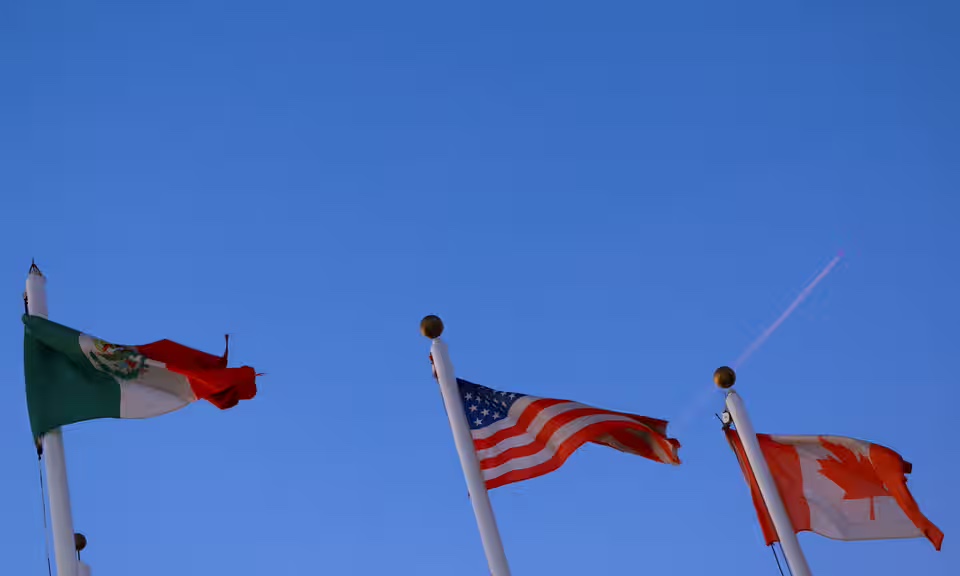
In a rapid escalation of global trade tensions, Canada and China have announced retaliatory tariffs against the United States following new levies imposed by the Biden administration.
Canadian Prime Minister Justin Trudeau revealed on Monday that his country would implement a 25% tariff on $155 billion worth of U.S. goods, mirroring Washington’s move against Canadian, Mexican, and Chinese imports. The tariffs, which take effect at 12:01 a.m. on Tuesday, come in response to U.S. claims that fentanyl trafficking from these countries justifies stricter trade policies.
“There is no justification for these actions,” Trudeau stated. “While less than 1% of fentanyl intercepted at the U.S. border comes from Canada, we have worked relentlessly to address this scourge.” He highlighted Canada’s $1.3 billion border security plan and ongoing joint efforts with the U.S. to curb drug trafficking.
Trudeau warned that the tariffs could drive up consumer prices in the U.S., impacting groceries, fuel, and automobiles while also threatening American jobs. He stressed that Canada’s trade measures would remain until Washington withdraws its tariffs and hinted at further non-tariff responses if necessary.
Meanwhile, China also retaliated, announcing fresh tariffs on key U.S. agricultural imports. Starting next week, Beijing will impose a 15% tariff on chicken, wheat, corn, and cotton, along with a 10% tariff on sorghum, soybeans, pork, beef, aquatic products, fruits, vegetables, and dairy.
This move follows President Joe Biden’s decision to raise tariffs on Chinese goods from 10% to 20% on Monday. China’s finance ministry condemned Washington’s actions, warning that they “exacerbate the burden on U.S. companies and consumers.” In response, China’s commerce ministry has filed a lawsuit at the World Trade Organization (WTO), challenging the legality of the U.S. tariff hike.







